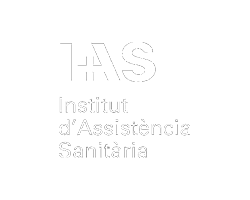For patients
For patients
Preventing drug or substance use disorder
People with ADHD have a higher risk of developing a substance or drug use disorder than those without ADHD. Overall, children with ADHD are 2 to 3 times more likely to develop drug use disorder in adolescence or adulthood.
What is drug use disorder?
Substance or drug use disorder is a psychiatric disorder that occurs when drug use causes significant problems in a person’s life. These problems can be health related, or social problems such as failure to meet responsibilities at work, home or school. Substance use disorder can be mild, moderate, or severe. Severe substance use disorder is commonly known as addiction. This refers to regular drug use which leads to needing to take increasingly larger doses of the drug. When the person does not consume the drug they feel unwell and are unable to stop taking it despite being aware of its negative effects.
How is ADHD related to drug use disorder?
Numerous studies find that children with ADHD are more likely to develop a substance use disorder. In general, children with ADHD are 2 to 3 times more likely to develop a drug use disorder in adolescence or adulthood than children without ADHD. However, this varies depending on the type of drug taken.
Tobacco: approximately 30-40% of adults smoke or have smoked. However, the probability of smoking is almost three times higher among those with ADHD.
Alcohol: just under 10% of adults have or have had an alcohol use disorder at some time in their lives. However, the risk of developing an alcohol use disorder is twice as high among those with ADHD.
Drugs other than tobacco and alcohol: around 6% of adults in the United States have or have had a cannabis or marijuana use disorder. However, the risk is 50% higher for people with ADHD. Regarding cocaine, just over 2% of adults have, or have had, cocaine use disorder. However, the risk is twice as high among those with ADHD.
Access to the TDApp Patient Form
ADHD helps people with ADHD or their families get involved in making decisions that affect the treatment of ADHD. Choose the goals you want to achieve.
Access to the TDApp Patient Form
ADHD helps people with ADHD or their families get involved in making decisions that affect the treatment of ADHD. Choose the goals you want to achieve.














